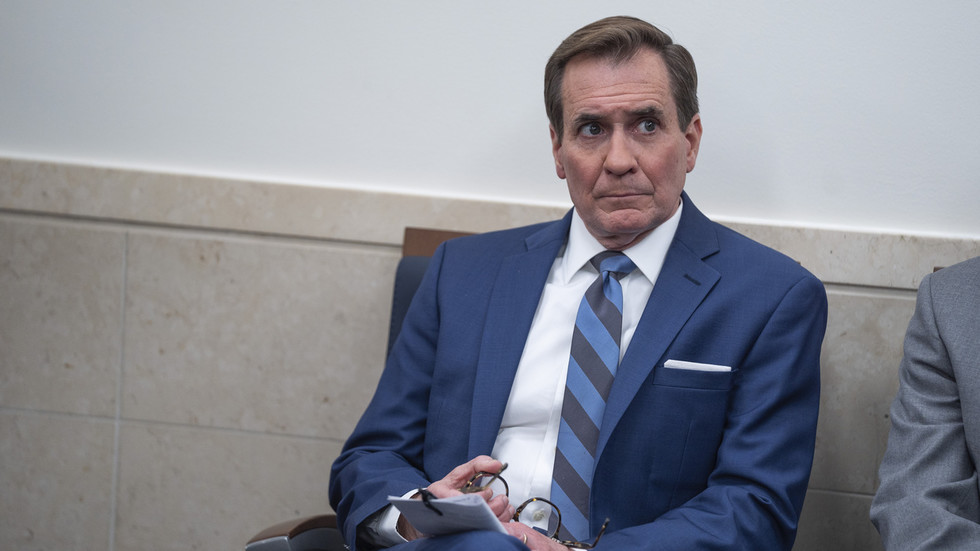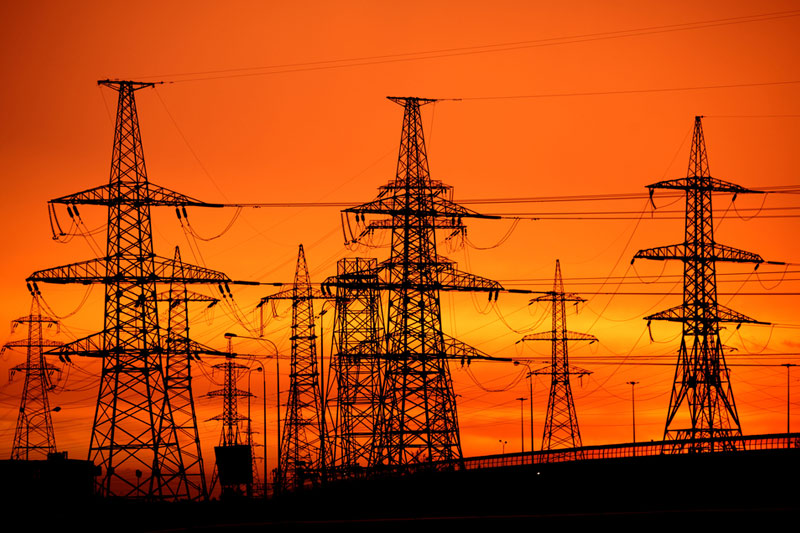New Delhi: When leaders of 18 Opposition parties gathered for dinner at Congress president Mallikarjun Kharge’s residence at 10, Rajaji Marg on March 27, the principal Opposition party started preparing the ground to host a mega Opposition meeting in Delhi.

The Congress strategists had reasons to be confident: The party managed to rally a pack of 18-20 parties on several issues throughout the winter session of 2022, heard Bihar chief minister (CM) Nitish Kumar’s plea that the Congress (his smallest partner in Patna) should take the lead in forming a national alliance and in one of closed-door interactions. Bharat Rashtra Samithi (BRS) leader K Keshava Rao and Aam Aadmi Party (AAP) leader Sanjay Singh urged Kharge to call an Opposition meeting.
Kumar travelled around India to bring parties on board, Kharge held a number of meetings and even dialled bête noire Delhi chief minister Arvind Kejriwal after the latter got CBI’s support on April 14. Forty days later, 19 Opposition parties issued a statement boycotting the inauguration of the new Parliament building by Prime Minister Narendra Modi on May 28.
Opposition heads to Patna junction
But Kharge made one significant mistake: in all these months, he never spoke to West Bengal chief minister Mamata Banerjee, a firebrand leader eligible to be the face of the Opposition.
Kumar landed in Kolkata in the first week of May for his second meeting with ‘Didi’ to discuss the contours of the meeting. Banerjee disapproved of Delhi as the venue and said, “Hold it in Patna. It is the karambhoomi of Jaiprakash Narayan (a staunch anti-Congress stalwart who was thrown in jail during the Emergency).”
“Everyone was surprised,” quipped a senior Congress leader who was involved in the planning, “We had started preparing for a meeting in Delhi but Kumar told Kharge that Banerjee wants it in Patna instead.”
A second Congress leader maintained that the party brass had little choice. “We can’t fight over the venue. We have our coalition government in Patna.” Kumar was busy extracting promises from the heads of the Opposition parties that they will come for the meeting and not depute juniors.
The presence of top leadership would be important as they would be able to take any policy decision or approve the joint statement of the meeting.
Congress changes the plan
The preparations had started in Patna when the Congress president’s office informed Janata Dal (United) leadership that Kharge will not be able to travel to Patna on June 12 and Rahul Gandhi will not return in time from the US, where was visiting from May 30.
With the venue shifting to Patna at the insistence of Banerjee, whose party has poached the lone Congress MLA in Bengal, Byron Biswas, Congress, the biggest opposition party, initially tried to downplay the meeting. “They were all set to send two of its chief ministers,” said a non-Congress Opposition leader.
On the same day, Dravida Munnetra Kazhagam (DMK) leader and Tamil Nadu CM M K Stalin, one of the closest allies of the Congress, asked for a fresh date as he has engagements in his states on June 12.
Some Opposition parties, especially the Trinamool Congress sensed the Congress was upset. At least two emissaries worked overtime to speak to various Opposition constituents and asked the Congress to give fresh dates. In Patna, Nitish told reporters on June 6 that the meeting has been deferred as Congress leadership has sought another date.
Congress’ Bihar in-charge Bhakta Charan Das said he spoke to Nitish and Bihar deputy CM Tejashwi Yadav. Nitish “wants the chiefs of the parties to be present as they can take decisions. This was not happening on June 12. We have decided to speak to others and call a meeting after June 22,” he said.
The final round of negotiations
Trinamool emissaries, working back-channel with the Congress and JD(U) agreed that Congress should decide the date. “The Congress had initially said that the meeting had to take place after the Karnataka election. We decided the venue, they can decide the date,” the leader quipped.
“We had suggested the meeting be held a week later, on June 19. The Congress said, “no”, and suggested June 23 as the new date,” said an Opposition leader.
In a hurriedly called presser, JD(U) national president and MP, Rajiv Rajan Singh alias Lallan Singh and deputy CM Tejashwi Prasad Yadav said that the opposition meeting to form a combined anti-BJP front against the BJP 2024 parliament election will be held on June 23 in Patna.
JD(U) national president Singh announced that Congress president Mallikarjun Kharge and his predecessor Rahul Gandhi, who is now on a US tour, gave their consent to attend the meeting.
Congress general secretary KC Venugopal tweeted, “We believe that our unity and commitment to the purpose of defending democracy is the need of the hour and we will succeed in defeating the divisive forces in power today.”
Trinamool’s Rajya Sabha leader Derek O’Brien echoed, “Over 20 parties in the Opposition are 100% united in providing a credible alternative to Modi’s BJP government who are high on promises and abysmally low on delivery.”
During the negotiations, it was decided that two leaders from each of the bigger Opposition parties would attend the meeting. Kharge and Gandhi from Congress, Banerjee and a Rajya Sabha MP from Trinamool, Arvind Kejriwal and Sanjay Singh from AAP and Communist Party of India (Marxist)’s Sitaram Yechury and party MP Elamaram Kareem will be among the participants.
What to expect on June 23
A Congress strategist is confident Patna will host the first meeting to lay a common ground for the 20 parties. The more substantial meetings will follow later when the leaders will meet in Chennai, Mumbai or Kolkata in the coming months.
An Opposition leader argued that the optics of 20 parties meeting in Patna in a bid to collectively take on the Narendra Modi government will be “a significant thing”.
But there are tougher issues to resolve before a unified front takes shape for the national elections of 2024. The Congress and the CPI (M) are clear that no pre-poll alliance among them is possible across the nation. The Opposition governments in 1986 and 2004 were the product of post-poll pacts.
The proposal to find a common candidate for Opposition parties in as many seats as possible seems like another ‘mission impossible’, with regional parties keen to grow and the Congress eager to expand its national footprint.
But for now, the meeting is fixed. Let’s see what comes of that.
New Delhi Junction is a weekly column on political parties as they get ready for the 2024 general elections.















